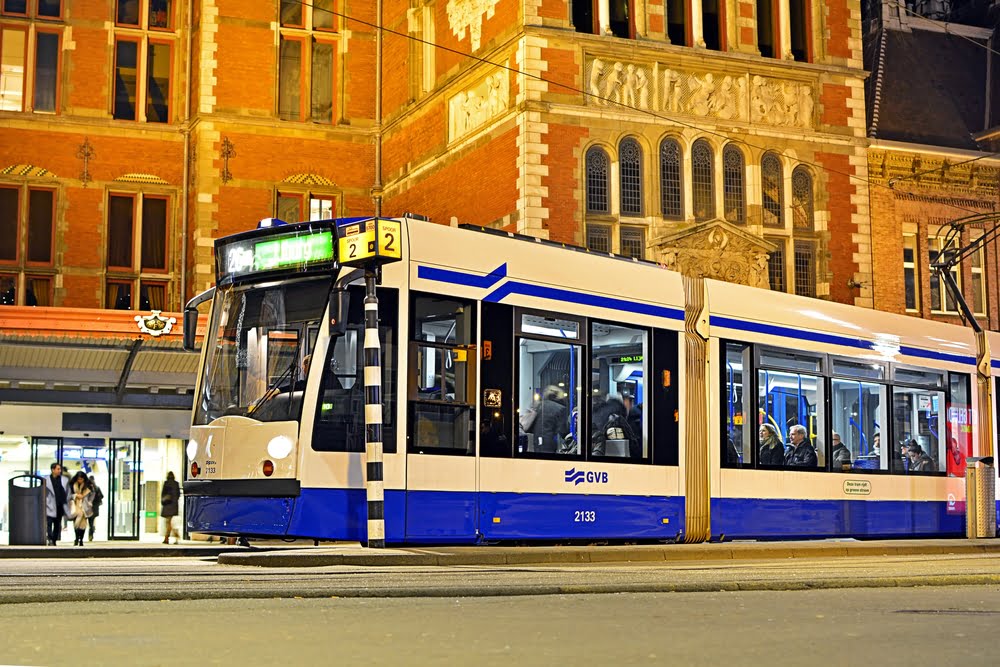The car as a personal means of transport will gradually disappear altogether. That is what Olivier Gueydan, the CEO of the Dutch branch of Siemens Mobility, expects. He thinks that the Netherlands is one of the first countries where car ownership will disappear because there are already many facilities here to make this possible, such as a good rail network.
“Planning your trip door-to-door, without having to own a car, that's the future,” Gueydan thinks. “You can already see that many young people are not interested in owning a car. Then a solution for the traffic jams in our country will finally come into view.” In order to achieve this, according to Siemens Mobility, substantial investments will still have to be made in public transport. According to Gueydan, such a turnaround would also contribute enormously to the energy transition and help in the fight against climate change.
Siemens Mobility, part of the German industrial group Siemens, makes trains and metros, among other things. The company is developing an app for the Dutch Railways (NS) and city transporters RET and HTM with which users can plan their journey from door to door. A first version should be ready early next year, the AD reported earlier. In the future, shared cars and self-driving minibuses should become part of the system and quickly transport passengers to and from stations or 'hubs' of public transport.
On January 1, 2021, there were 8,8 million passenger cars in the Netherlands, according to Statistics Netherlands, 1,3 percent more than a year earlier. Nearly nine out of ten of those cars are in the name of a private individual. Compared to ten years ago, the number of passenger cars in the Netherlands has increased by almost 14 percent.
Also read: Siemens Mobility and UbiOps will accelerate digitization


